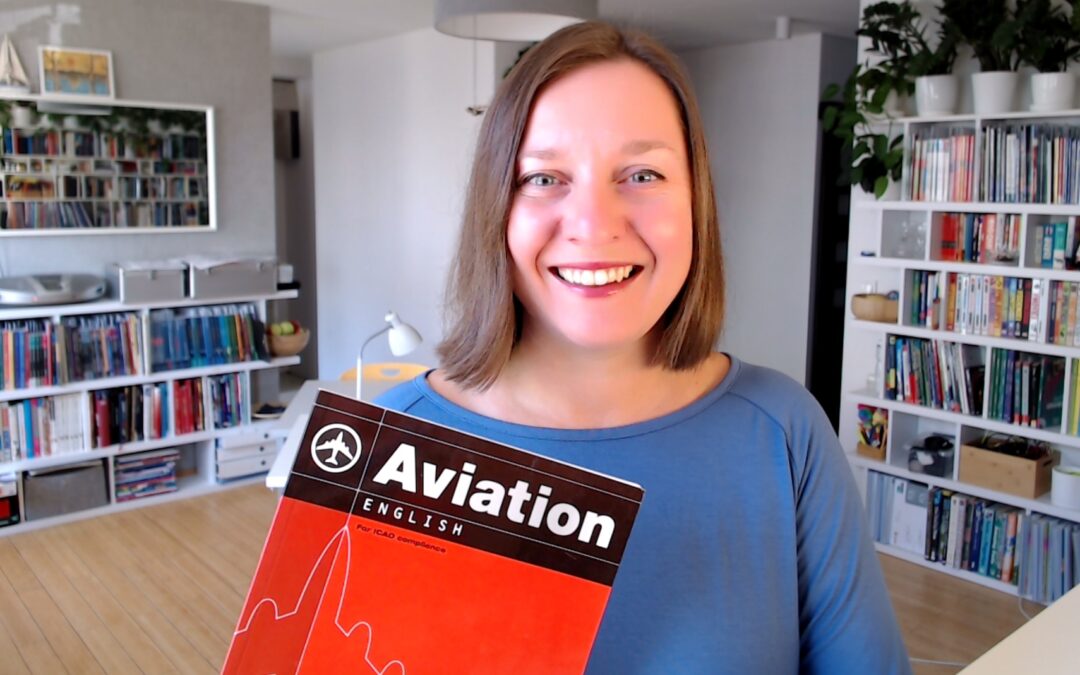Oto instrukcja, jak używać powtórek z pomocą aplikacji text-to-speech, takich jak Natural Readers, aby poprawić swoje umiejętności językowe. Poniżej znajdziesz również instrukcje, jak zrobić, aby głos czytał wolniej.
Instrukcja korzystania z aplikacji text-to-speech
-
Wejdź na stronę aplikacji:
– Otwórz stronę Natural Readers: https://www.naturalreaders.com/online/
– Możesz także skorzystać z innych darmowych aplikacji, np.:
– ResponsiveVoice: https://responsivevoice.org
– Google Translate: https://translate.google.com/ (kliknij ikonę głośnika)
– TTSReader: https://ttsreader.com
-
Wklej tekst do aplikacji:
– Skopiuj tekst, który chcesz powtarzać (np. zdania o Grand Canyon lub Great Wall of China).
– Wklej tekst w odpowiednie pole na stronie aplikacji.
-
Wybór głosu:
– W większości aplikacji możesz wybrać głos, np. męski lub żeński, oraz język (np. angielski, polski).
– Upewnij się, że wybrałeś język, w którym chcesz słuchać powtórek.
-
Ustawienie tempa czytania:
– W aplikacji Natural Readers znajdziesz suwak do zmiany prędkości czytania. Ustaw go na wolniej, aby głos czytał bardziej wyraźnie i w spokojnym tempie.
– Zmniejsz prędkość czytania, aby lepiej słyszeć każde słowo i łatwiej powtarzać.
-
Kliknij przycisk „Play”:
– Po ustawieniu odpowiednich opcji kliknij przycisk „Play” (odtwarzaj), aby rozpocząć odczytywanie tekstu.
– Słuchaj i powtarzaj na głos każdą linijkę, starając się naśladować wymowę.
-
Powtarzanie:
– Możesz wstrzymać czytanie w dowolnym momencie, klikając przycisk „Pause” (pauza).
– Wróć do tekstu, powtórz zdanie, a następnie ponownie uruchom odczyt.
-
Ćwiczenie:
– Powtarzaj zdania kilka razy, aby poprawić swoją wymowę.
– Po pewnym czasie spróbuj czytać na głos bez pomocy aplikacji.
Jak ustawić wolniejsze tempo:
- W Natural Readers znajdziesz suwak prędkości w sekcji ustawień (zwykle jest to pasek obok przycisku “Play”).
- Przeciągnij suwak w lewo, aby spowolnić tempo.
- W innych aplikacjach, takich jak TTSReader, również znajdziesz możliwość regulacji prędkości w ustawieniach.
Wskazówki:
– Rozpocznij od najwolniejszego tempa, a potem stopniowo zwiększaj je, gdy poczujesz się pewniej.
– Nagrywaj siebie podczas powtarzania, aby sprawdzić, jak poprawia się Twoja wymowa.
Taka metoda jest skuteczna, aby poprawić umiejętności językowe, słuchając i powtarzając w odpowiednim tempie.






